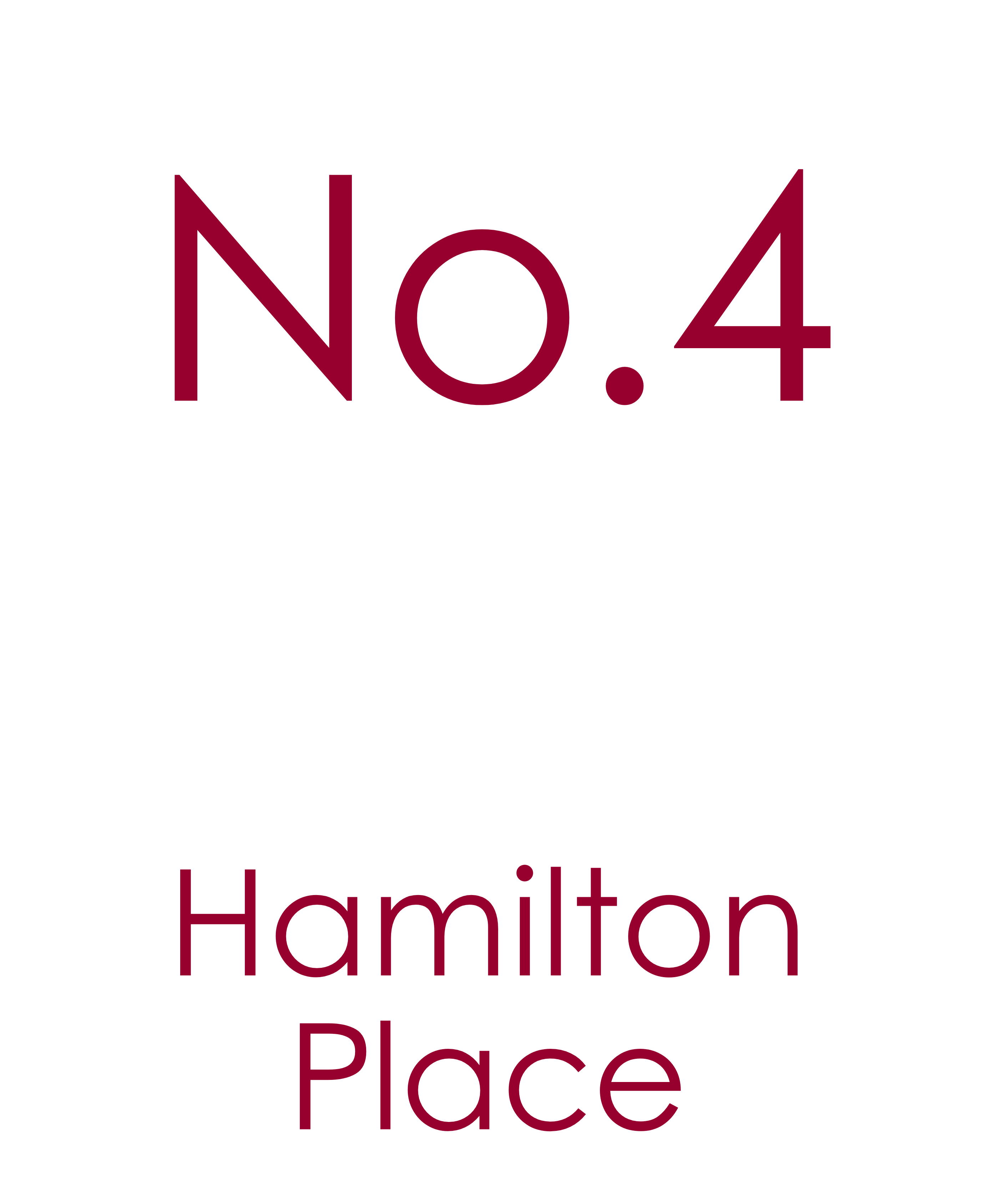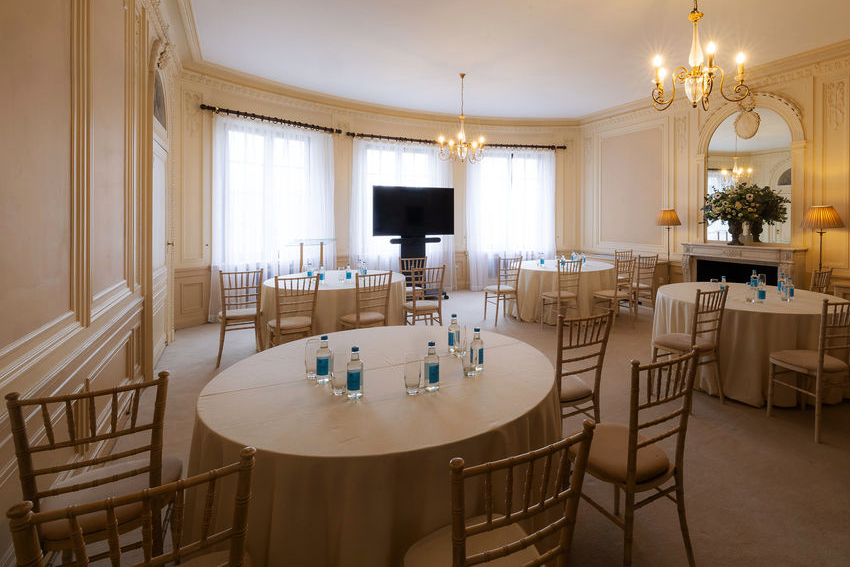Back in April 2018, Boris Johnson and the Foreign and Commonwealth Office held the annual Commonwealth Heads of Government Meeting at No.4 Hamilton Place. The event was attended by a host of VIPs – including Their Royal Highnesses The Duke and Duchess of Sussex.
The initiative is dedicated to improving the futures of over 1 billion young people in over 53 Commonwealth countries. In 2018, the focus was on building links between countries to offer ‘young people access to knowledge and skills; and give them a voice on key issues such as democracy, human rights and the rule of law’. Although every event comes with its own individual quirks, an event with such high-profile guests in attendance comes with very specific requirements and challenges.
Bharat Davé, who headed up organisation for this high-profile event from the venue’s side, has put his learnings down in writing and now we’re sharing his insight to help anyone else hosting such a prestigious event for the first time.
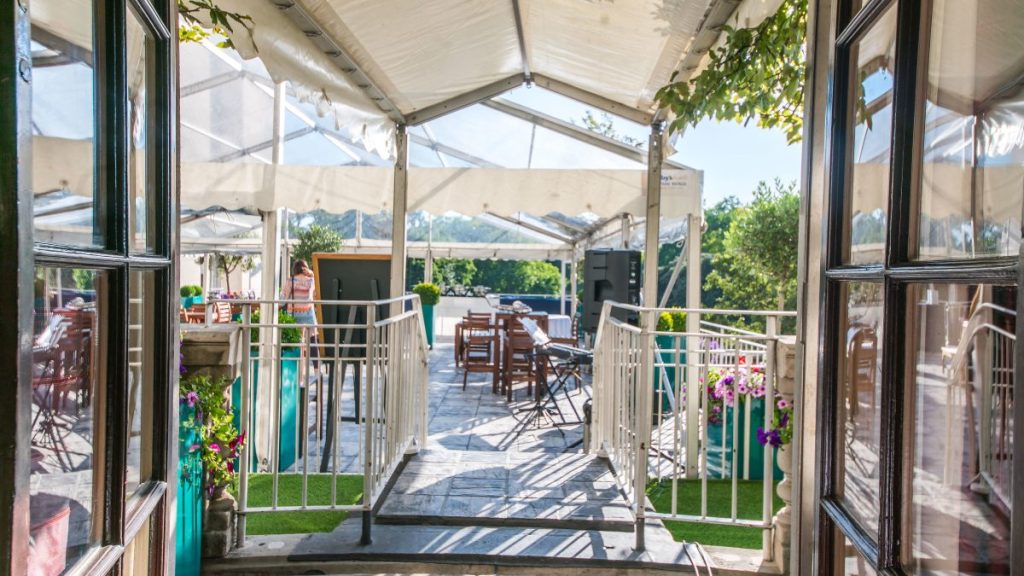
The VIPs
Celebrities, royalty and other high profile or important guests have a lot of different teams of people they work with. From the person who tails your VIP with an umbrella to the one who screens all of the questions presented to your high-profile person by the media. There’s press, security, plus various (and numerous!) assistants… It’s important to find out who makes which decisions – you’ll get your answers much faster if you know exactly who to ask!
There will also be other people in attendance on the day who weren’t there as part of the planning journey. Remember to check this, you’ll need to take them into account for final guest numbers.
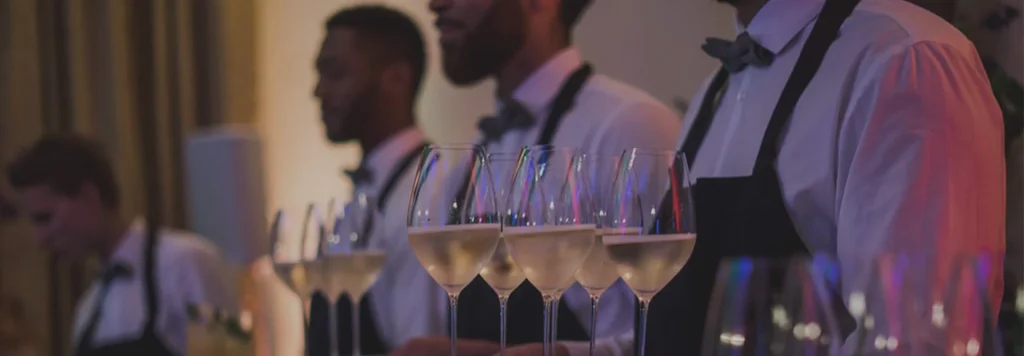
Communication
The common factor between all of your guests and their ‘behind-the-scenes’ teams is actually you. This makes you the lynch pin for communications. It’s vital to ensure everyone who should be in the know is in the know with all the information they need. You can ensure there are no nasty surprises on the day as long as everyone is aware of new decisions or challenges. You’ll get asked the same question a dozen times and you need to make sure your response is always complete – assume no one knows anything.
Security
It’s likely that a high-profile event will mean high-level security. This might need to be supplied by you as the venue, or your VIPs might have their own they’d prefer you use. Either way, you need to find out from the very beginning what logistics this may involve.
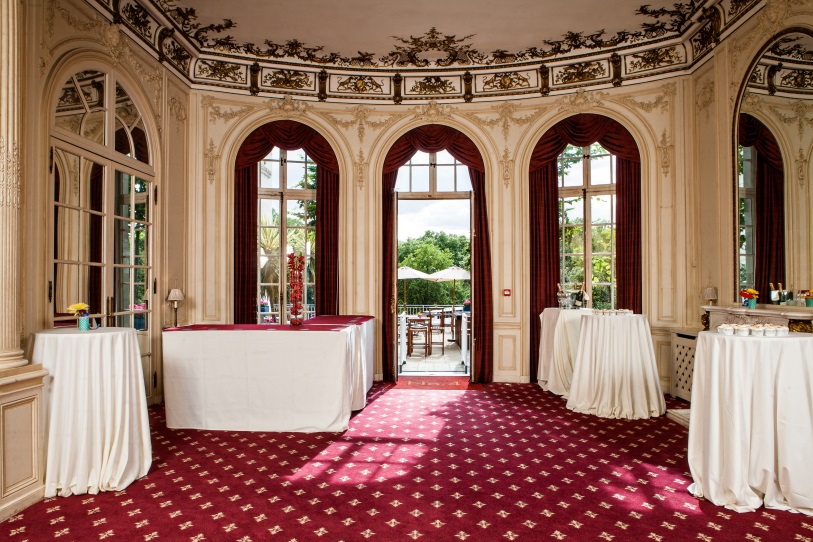
Consider that your venue might not be able to accommodate security requests. Luckily, No. 4 Hamilton Place is able to accommodate even the most complicated security arrangements, but it may be a deal breaker if compromises need to made.
Timings
There are a lot of people to involve in the decision-making process. To make sure this doesn’t cause bottlenecks, you’ll need to leave extra time to get hold of everyone and go through everyone’s concerns and questions. This can hugely increase the amount of time it takes to make decisions so try to leave more time than you would for a similar decision at an event, sans-security.
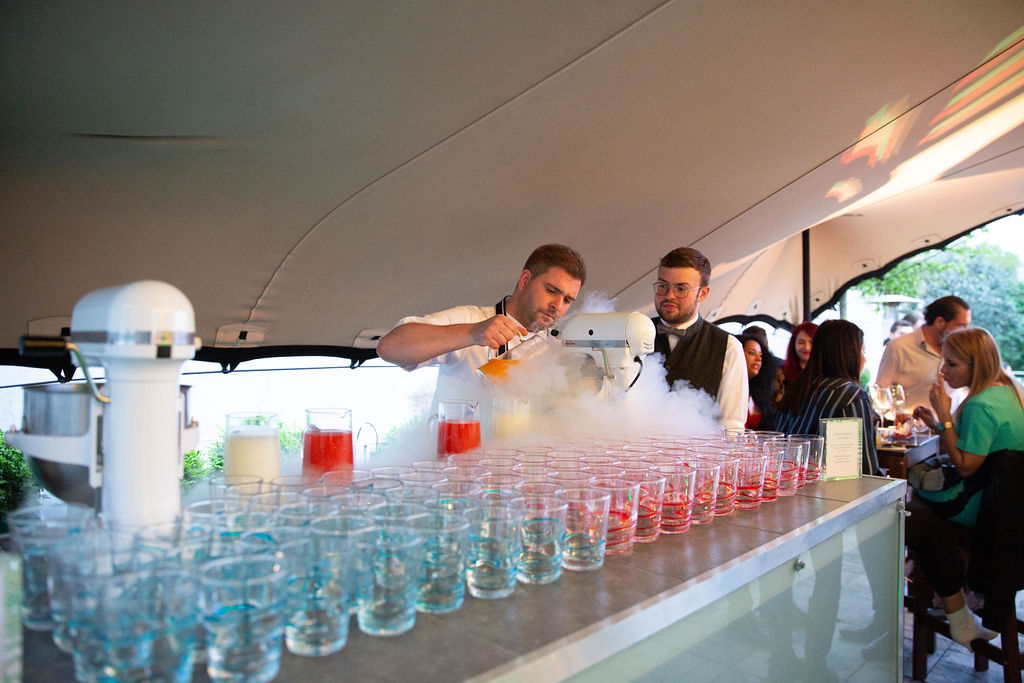
Staff
As VIPs tend to come with a myriad of staff, it might mean you need to increase your numbers too, to deal with the extra bodies. It might also be worth hiring in staff who are used to dealing with high-profile events and guests or at least ensure you have briefed your own team on the extra responsibilities that come with it.
Further, if the event is likely to draw media attention then you’ll need to make sure everyone you employ is comfortable with this and understands what is expected from them in terms of conducts and discretion. It’s often far from common sense so make sure everyone is clear on this!
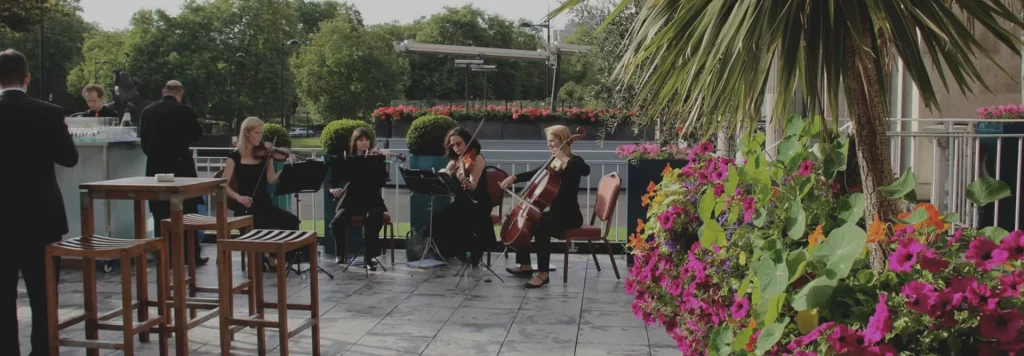
Avoiding scandal
At a private event, a minor indiscretion such as a guest’s tie sitting in their soup throughout the first course would be laughed off and forgotten in a heartbeat. When it happens to a celebrity or individual in the public eye it could make front page news, and will be unlikely to show the event in a positive light.
Make the judgement on whether to intervene by considering what the worst consequences may be if you don’t – it’ll almost always be better if you do!
Duration
Security shuffles, chauffeurs, speeches, press photos, hellos & goodbyes… as well as the organisation stage taking longer than usual, the event itself is likely to take more time too. To combat this, design a tighter-than-normal schedule (down to the minute if you need to!) and make sure you run it to time. Don’t be afraid to hurry things along if it’s going to cause greater problems later.
In the spotlight
Your venue might well end up in the newspapers or on the television so if there are any areas of décor or any fixtures or fittings that need a little attention, it’s worth sorting them out before the big day. A full inventory of the venue will help highlight anything that needs doing.
